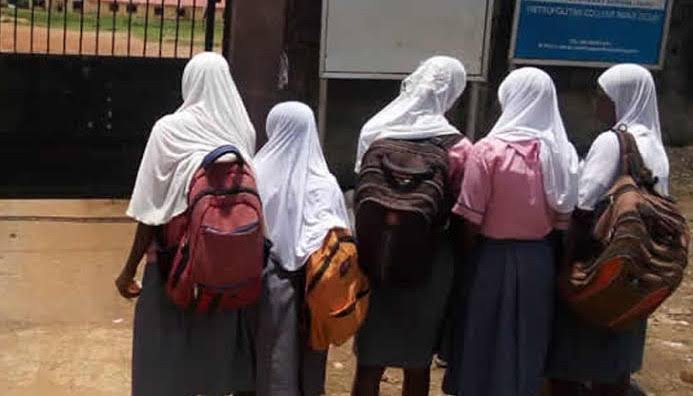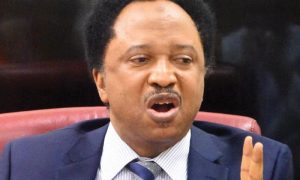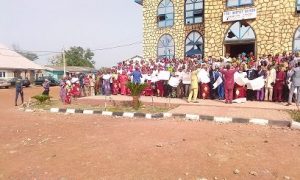Metro
Hijab controversy: Another lawyer to storm court in ‘juju attires’

A Rivers State-based lawyer, Barrister Mathew A. Abakpa, has vowed to storm the Federal High Court, Port Harcourt next week in his complete Juju attire.
This follows the recent approval by the Supreme Court to allow female Muslim students to wear hijab in public schools.
Lagos: Female students in public schools can use hijab – Supreme Court rules
The apex court affirmed the July 21, 2016, judgment of the Court of Appeal, Lagos, which set aside the October 17, 2014, judgment by Justice Grace Onyeabo of the High Court of Lagos State.
Following the developments, a Lagos State-based lawyer, Malcom Omoirhobo stormed the Supreme court in Abuja on Thursday wearing a traditional attire, appearing like ‘Olokun priest’.
Hijab: If you don’t like the judgment, walk naked – Sani slams Christians
Speaking with Daily Post on Thursday, Abakpa accused the Federal Government of plotting to Islamize Nigeria by making Islam an official religion.
According to him, section 10 of the Nigerian Constitution forbids the government from making such moves.
He said, “I will appear in my full juju attire in the Federal High Court next week. The Supreme Court of Nigeria has held that it is the fundamental right of Nigerians to appear in their religious attire to schools and other public places in Nigeria, irrespective of the dress code prescribed or approved by the authority.
“Nigeria is a circular State. What is good for the goose is good for the gander also.
“It appears that the decision of the Supreme Court is likely to make Islam an official religion contrary to section 10 of the constitution which forbids the government of Nigeria from adopting any religion.
“By the time all religious faithful, including pagans and Christians begin to showcase their religion by appearing in their religious attires in public institutions like courts and schools, even in the military and the police, the government, especially the Supreme Court will then realize that they have erred in their decision to allow hijab in schools, including the Nigerian law school”.




















